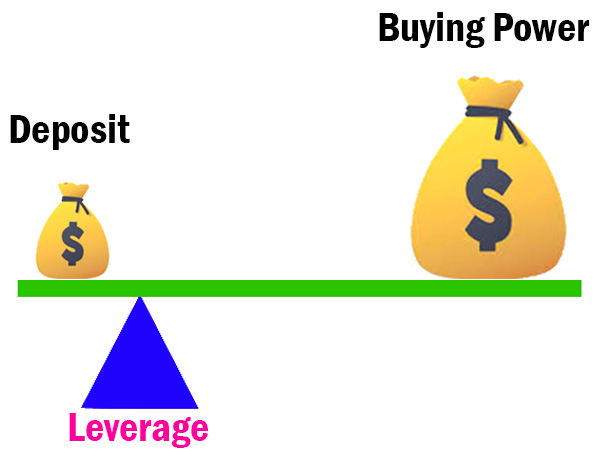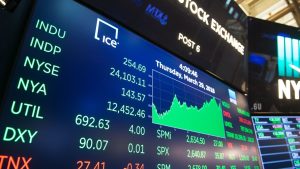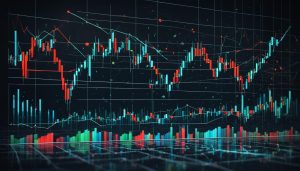Forex Trading Leverage

The foreign exchange market, also known as forex, is a 24-hour global market for the trading of various currencies. This global market decides foreign currency rates for each currency traded. It involves all aspects of purchasing, selling and trading currencies in current or predicted values. With its various influences from economic and political situations worldwide, the foreign exchange market can be called a twenty-four hour market.
Although currency trading is not the most popular industry among the finance professionals, it is the largest market in the world. Traded goods account for almost half of the world’s commerce and are subject to numerous global influences. It can be said that, in the broadest sense, it encompasses a variety of activities that contribute to the flow of international capital.
Among those who have engaged in currency trading, there are two main categories, the traders who buy and sell on their own and the interbank market traders. Traders engaged in currency trading buy currency with the intention to resell it later at a profit. The interbank market, on the other hand, buys and sells the same currency both on an interbank and on the spot market. Both these traders who purchase and sell their own currency, and the interbank market traders, who purchase and sell their currency on the interbank market, form the large players in this vast field of activities.
As compared to the other sectors of the finance industry, the currency trading market attracts relatively less number of direct investors, unlike the stock markets which have a maximum of five days-a-week of trading activities. One of the main reasons for this is that the size of this market is so large, that not all investors can access it. Also, as compared to the stock markets, the currency trading is much less leveraged, so the losses suffered in case of a loss in one area does not translate into losses in other areas. Moreover, the Forex market is much more liquid, that is, it can be traded with less money on each hand. The small amount of money that is required to be invested in the Forex markets is not as liquid, making it more difficult to move the market.
On the other hand, with the leverage option in the currency trading, the risks can be reduced. This is because in the case of the leveraged instruments, the number of traders and trading activities is much higher than in the case of the standard trading instruments. On top of that, because the prices of the currencies are driven by the movements of the markets, the number of impulsive trades can also increase due to fear of loss. For this reason, many forex traders use leverage to reduce the volatility of the price rates.
In order for small investors to access the forex markets, they usually use a broker or dealer who has made transactions with large financial institutions. The brokers do not trade the currencies themselves, but they act as intermediaries who facilitate trades between the small investors and the larger players. These brokers have vast experience in the Forex markets, having built up substantial networks. They have developed contacts with the right traders, and they know when to execute trades on behalf of their clients. Since most of these trades are not conducted over the counter, the liquidity of the Forex markets is also not affected, unlike the stock markets. Small investors can thus access the Forex markets from any location, which makes it easier to enter the trade, and stay in the trade for the long term.






